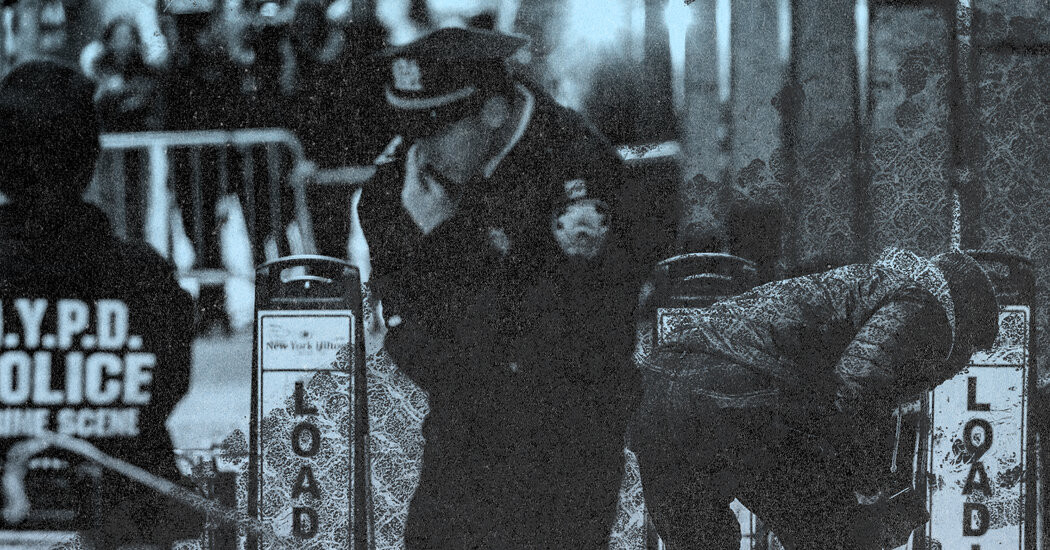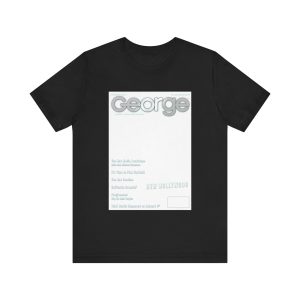

Patrick Healy, the deputy Opinion editor, hosted an online conversation with the Times Opinion columnists Michelle Goldberg, Tressie McMillan Cottom and Zeynep Tufekci about the reaction and backlash to the killing of UnitedHealthcare chief executive Brian Thompson and the murder charge against a suspect, Luigi Mangione.
Patrick Healy: Zeynep, Michelle, Tressie, the three of you think and write a lot about ruptures in society — especially how people react, recoil and rationalize online. For the last week Americans have been processing one such rupture — the explosion of disdain toward health insurers after the assassination of an industry C.E.O., Brian Thompson, and the intense interest on social media in the alleged killer, Luigi Mangione. What has struck you most about the reaction of Americans and how it differs from reactions to other high-profile incidents and ruptures in society?
Zeynep Tufekci: I was struck by the broad outpouring of the sentiment, “I don’t condone murder, but I understand why someone might be so angry at a health care insurance company.” It’s been far more than the usual edgy or extreme comments you see after a big incident. It showed up in conservative and liberal communities; it showed up in many corners that were not that political.
Michelle Goldberg: I was more struck by the number of people who do condone murder! On my TikTok feed, someone posted a photo of a tattoo they’d gotten of three bullets labeled “Deny,” “Defend” and “Depose” — the words Mangione allegedly wrote on his shell casings. Another posted a prayer candle with his image; apparently $5 for each one sold will go to his legal fund. There are links online where you can donate to his jail commissary fund. It all feels like something out of a cinematic dystopia, the degree to which he’s become a folk hero.
Healy: Mangione keeps getting called a “folk hero” — I understand it, but assassinations perpetuate a culture of violence and fear. Why are so many people still talking about this shooting as if it’s justifiable, which “folk hero” seems to imply?
Goldberg: The question isn’t whether he should be a folk hero — it’s why, to some unquantifiable number of people, he indisputably is. Obviously, it speaks to the intense rage people feel toward these insurance companies, which I understand and share. But it’s also part of a broader societal embrace of vigilantism, which until now was mostly a right-wing phenomenon, and which derives from a collapse of faith in the institutions that are supposed to provide redress.



